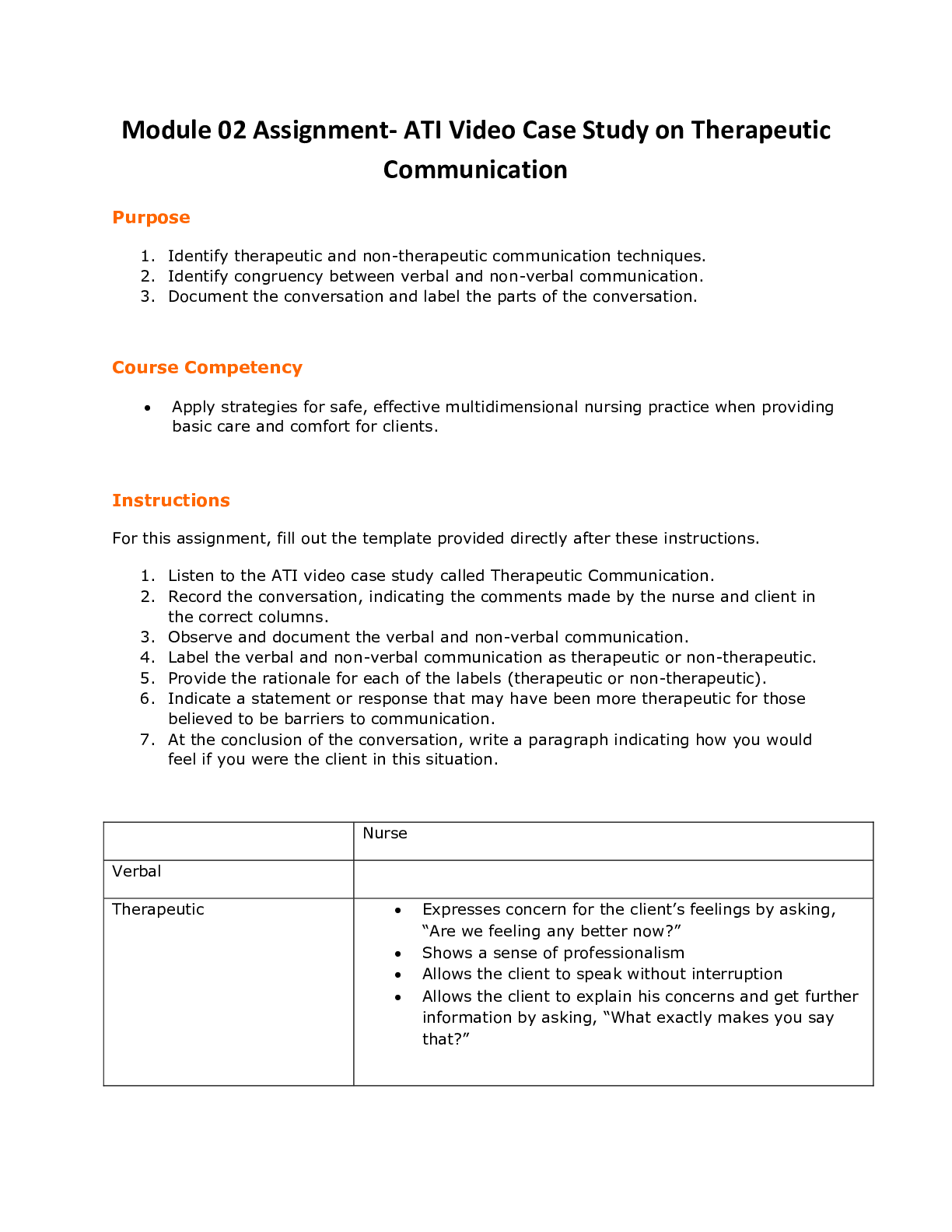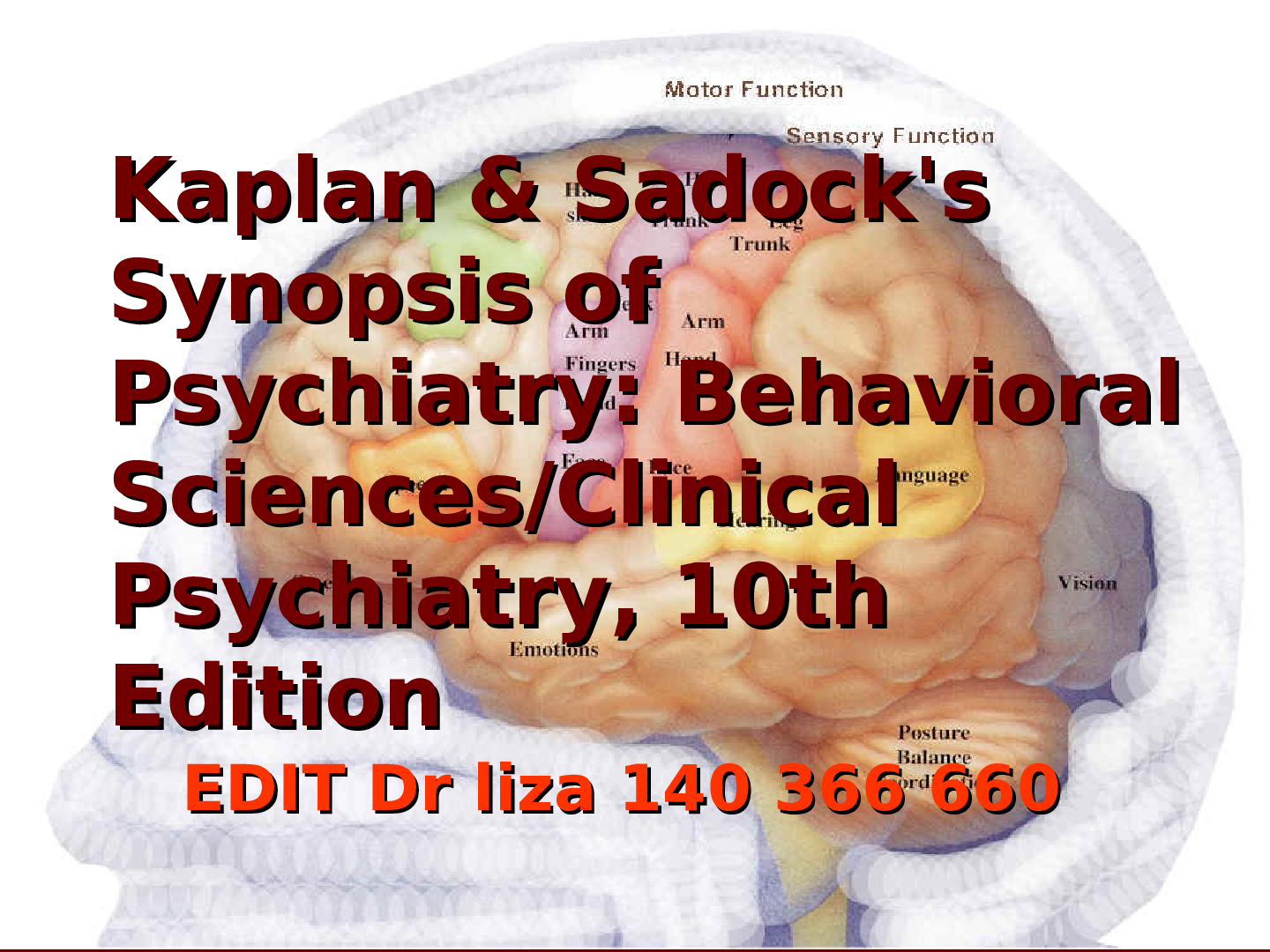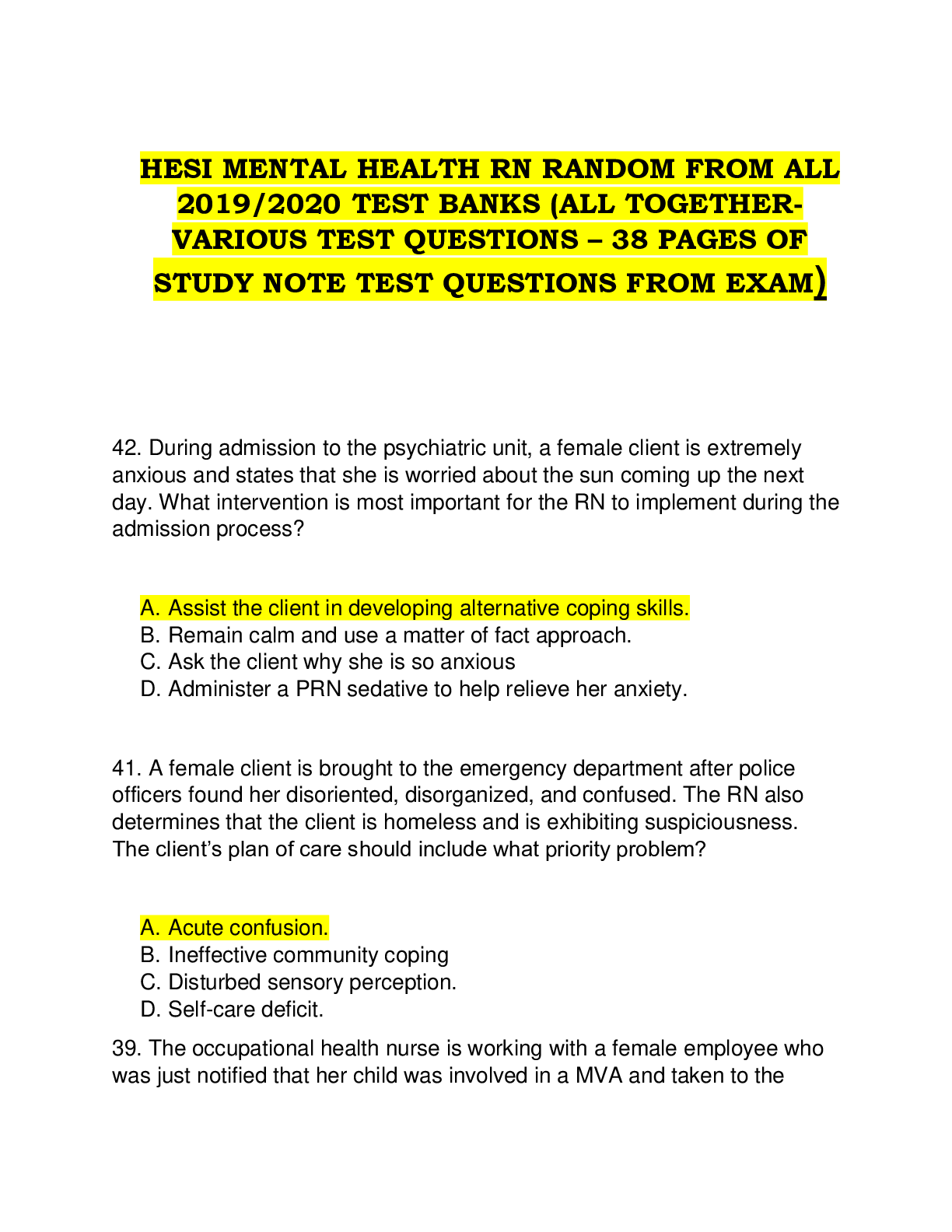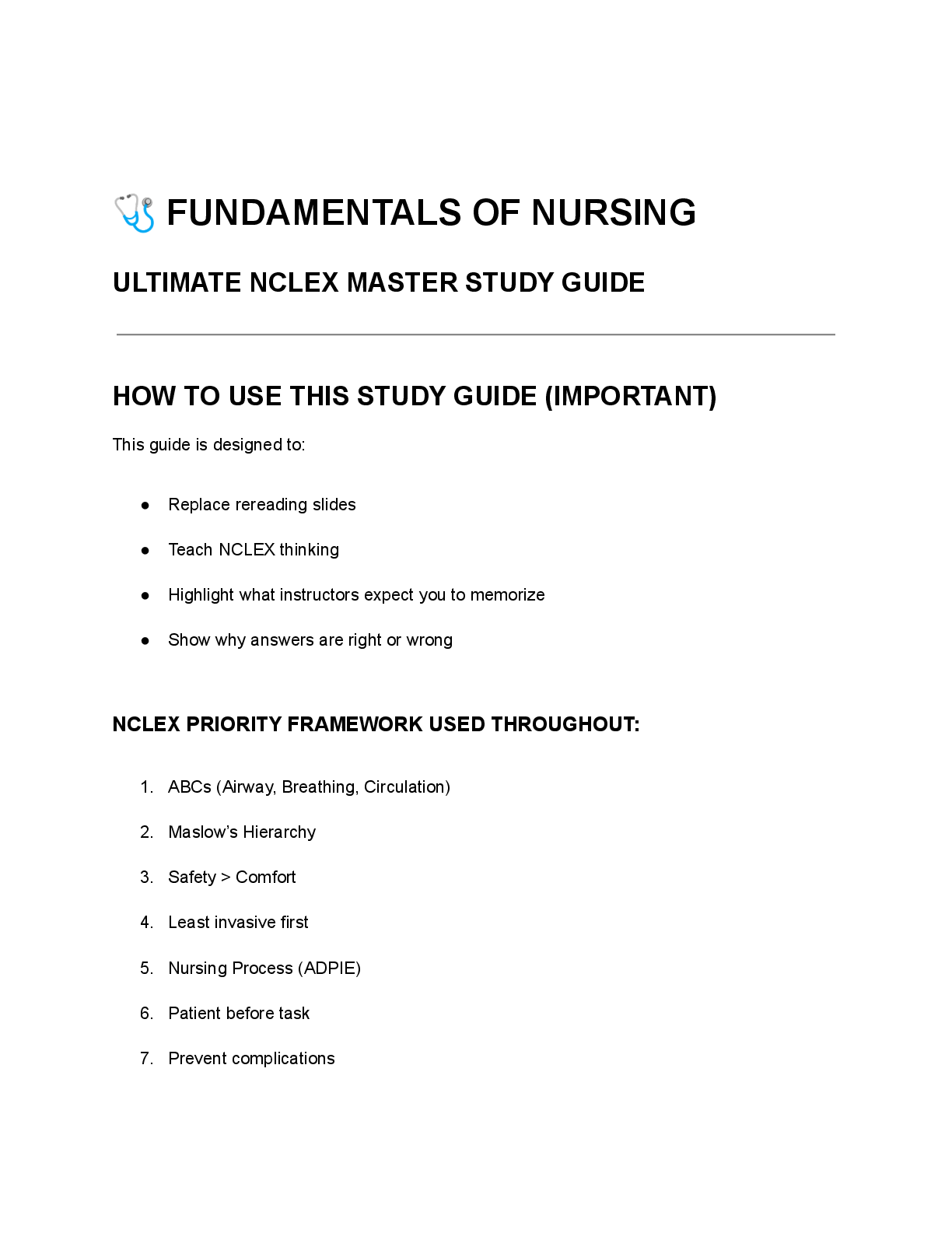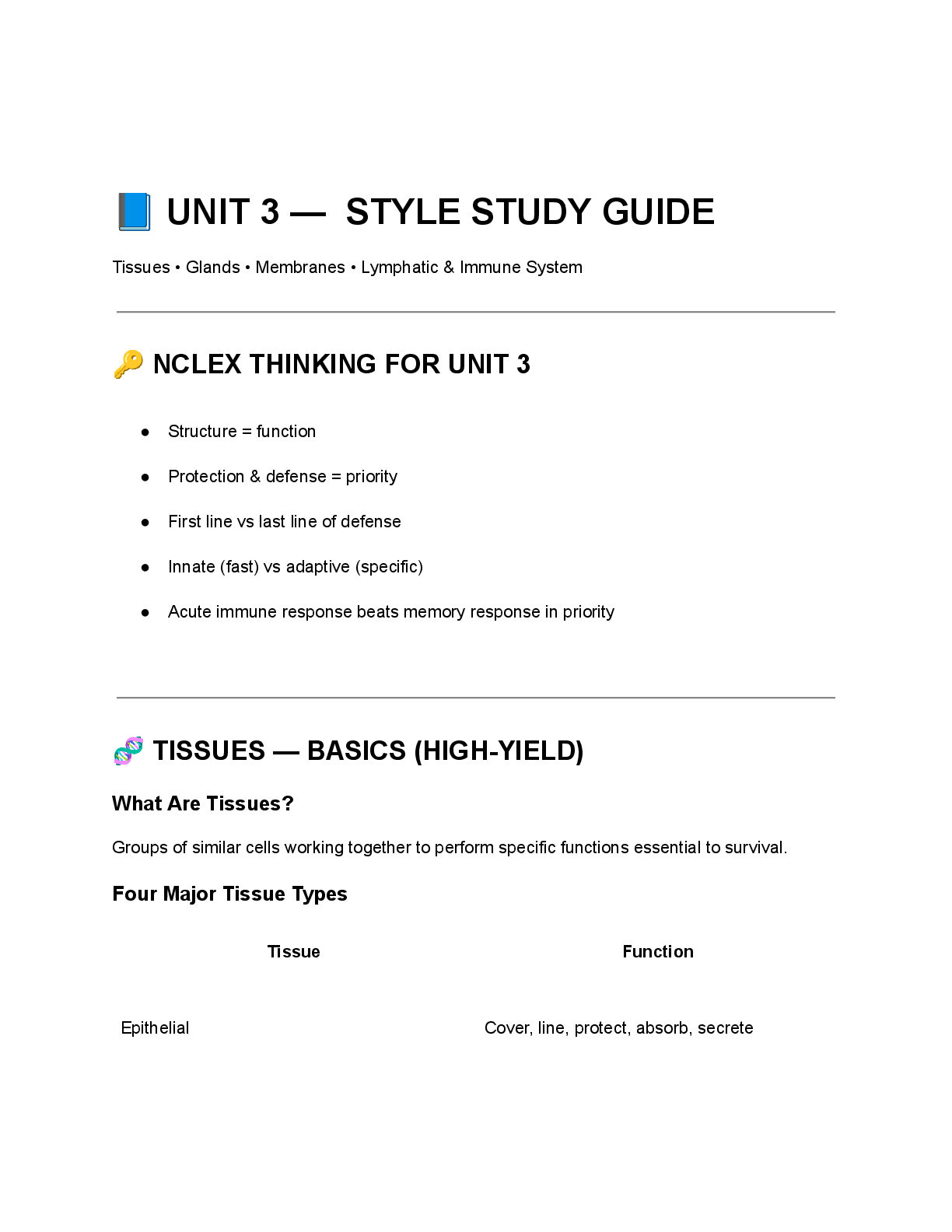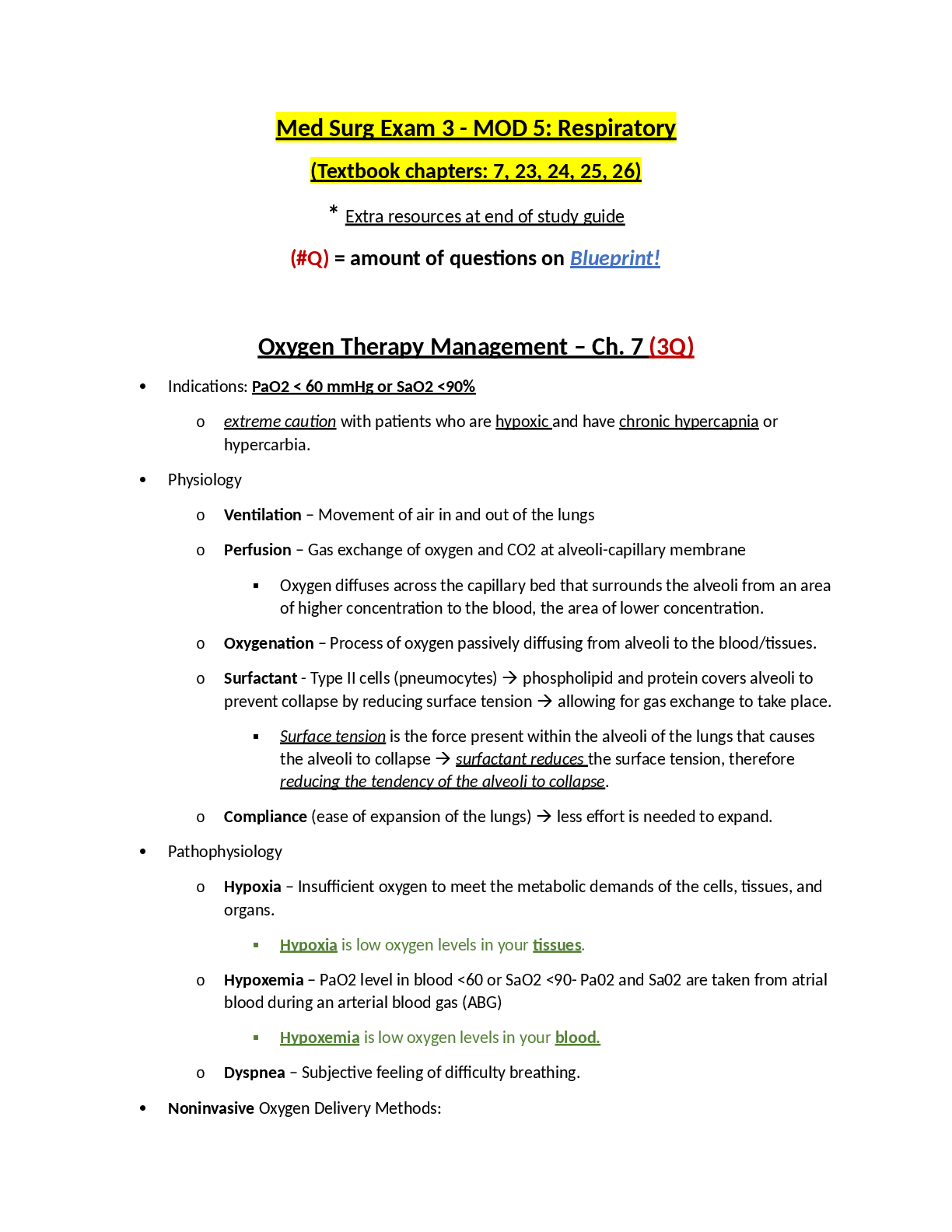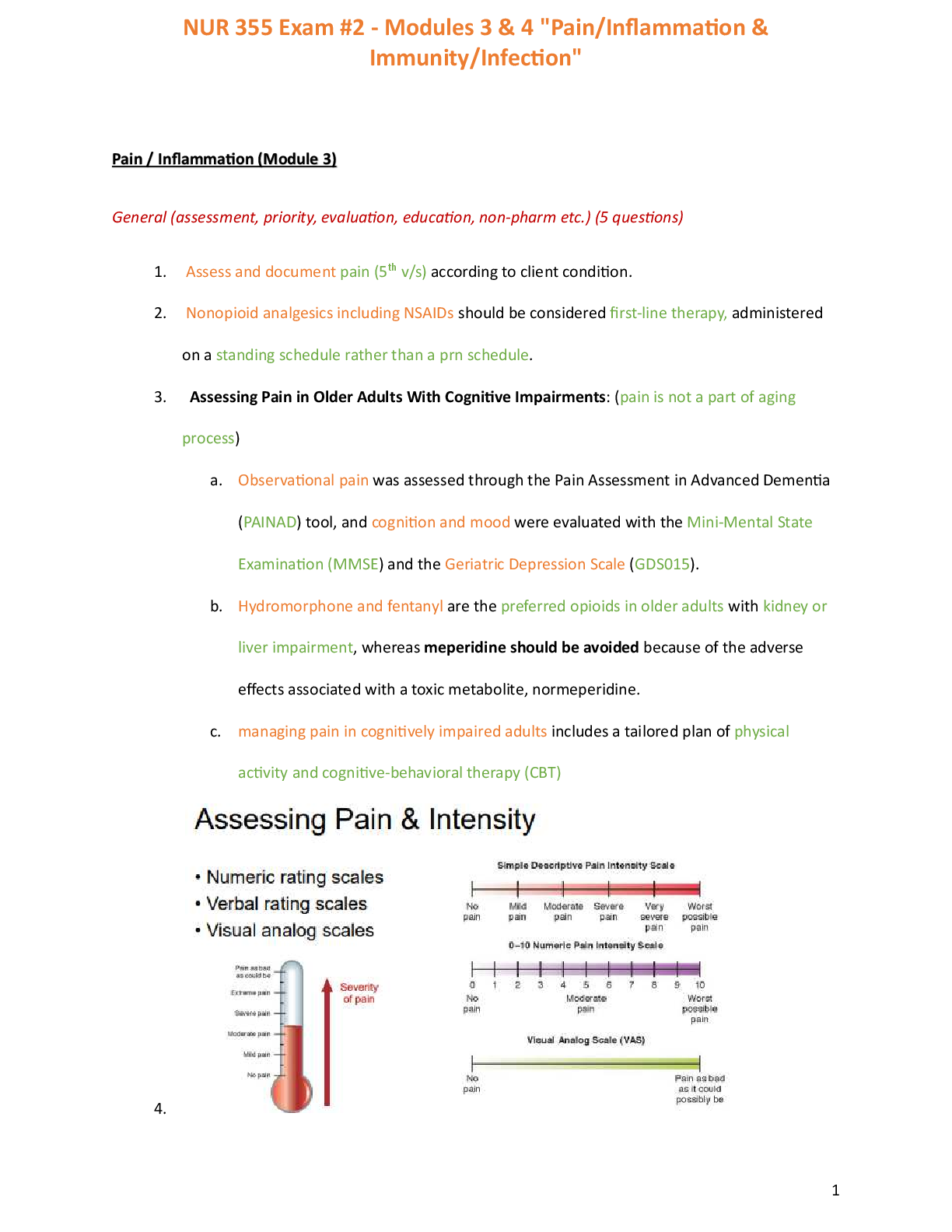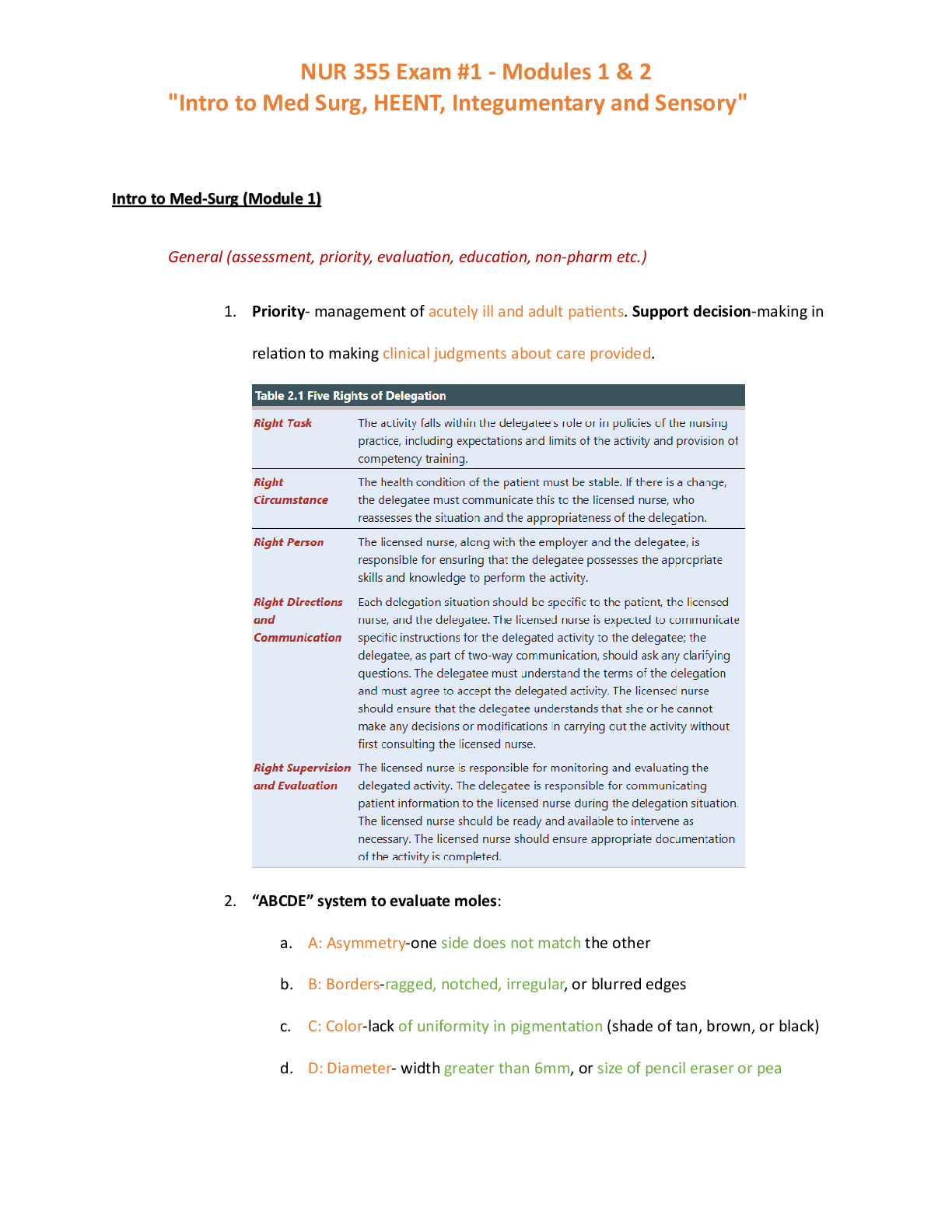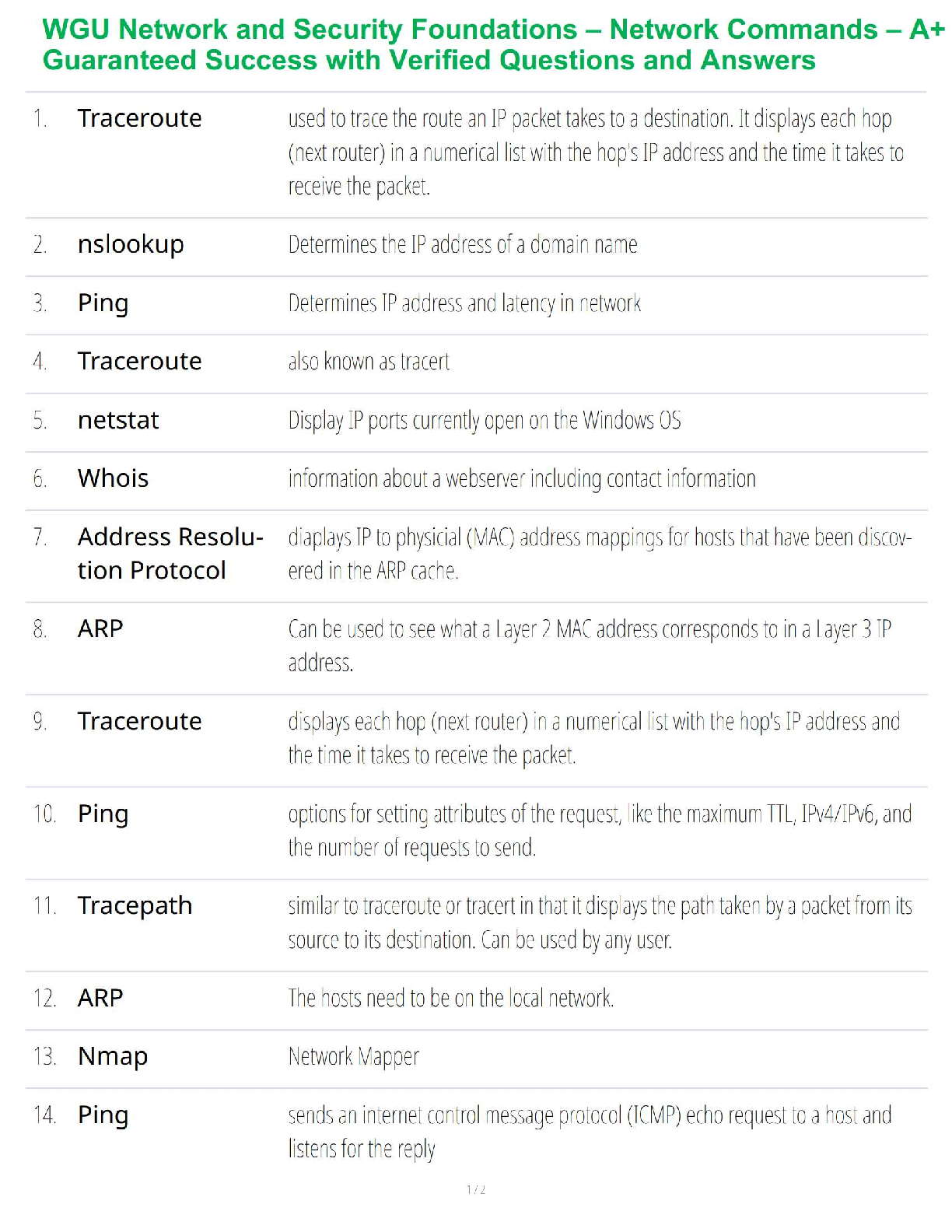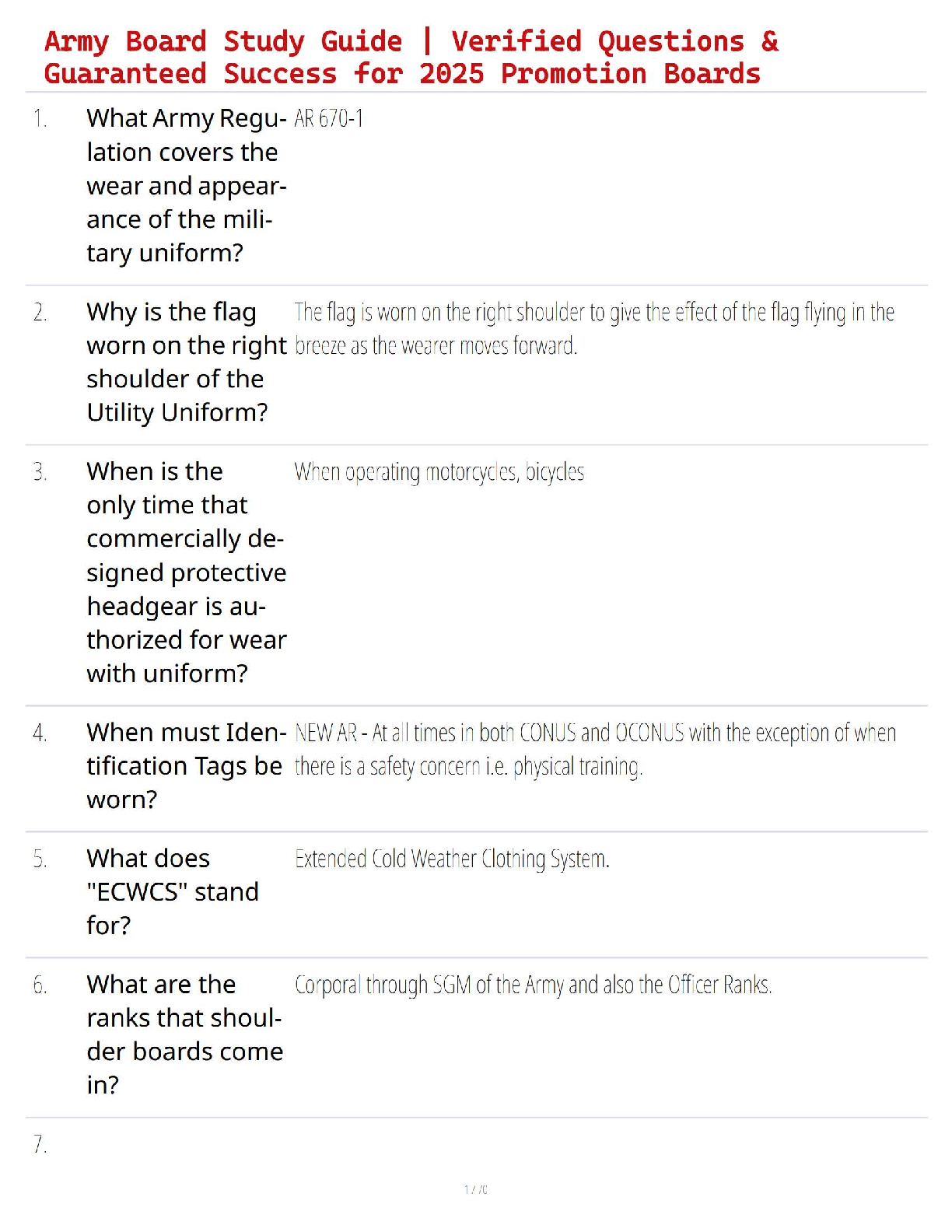NRNP 6566 Week 3 Knowledge Check
• Question 1
Mrs. Franklin is a 68-year-old woman with long-standing, persistent AF being managed with rhythm control on dofetilide. She also has type 2 diabetes mellitus (T2DM), hyp
...
NRNP 6566 Week 3 Knowledge Check
• Question 1
Mrs. Franklin is a 68-year-old woman with long-standing, persistent AF being managed with rhythm control on dofetilide. She also has type 2 diabetes mellitus (T2DM), hypertension, and a myocardial infarction 3 years ago.
What is her CHADS2 and CHA2DS2-VASc score? How would you interpret those scores in deciding on treatment for Mrs. Franklin?
• Question 2
A 58-year-old male complains of a galloping heart rate and shortness of breath. Vital signs are BP 110/74, P 156, RR 22 Oxygen sat is 96%. Continuous EKG monitoring identifies periods of sinus tachycardia as well as episodes of atrial fibrillation. Laboratory results for this patient show:
Hemoglobin 13.3 g/dl
Hematocrit 39%
WBC 8.7
Platelets 172,000
Sodium 140
Potassium 3.7
TSH 0.0 mIU/L
T4 3 mg/dl
T3 6.6 pg/ml
What is your working diagnosis and what two initial medications would you prescribe for this patient?
• Question 3
A 63-year-old female has been successfully cardioverted and is now on amiodarone for rhythm maintenance. The patient is on the following medications:
Warfarin 10 mg po daily
Lisinopril 20 mg po daily
Amiodarone 400 mg po daily
Prilosec 20 mg po daily
Digoxin 4250 mcg po daily
What interactions are possible and how would you monitor and adjust for them.
• Question 4
What is your interpretation of this 12-lead EKG?
• Question 5
A 62-year-old male develops acute atrial tachycardia with a heart rate of 155. BP has been stable at 122/ 86. He is alert and oriented with adequate urine output. What medication would be utilized to treat the heart rate?
• Question 6
Mrs. Franklin is a 68-year-old woman with long-standing, persistent AF being managed with rhythm control on dofetilide. She also has type 2 diabetes mellitus (T2DM), hypertension, and a myocardial infarction 3 years ago. She also takes an 81 mg aspirin every day.
Based on her CHADS2 score and HAS-BLED score, would you recommend starting her on anticoagulation?
What data would help you explain why this is important preventative step for the patient?
• Question 7
What is your interpretation of this 12-lead EKG?
Correct Answer:
Acute Anteroseptal STEMI
• ST elevation is maximal in the anteroseptal leads (V1-4).
• Q waves are present in the septal leads (V1-2).
• There is also some subtle STE in I, aVL and V5, with reciprocal ST depression in lead III.
• Question 8
A 59-year-old male complains of dizziness, palpitations, weakness, and chest tightness. EKG shows atrial fibrillation with rapid ventricular response. His blood pressure is very labile, with readings of 70/42 to 110/66. Heart rate ranges from 150—210. Because he is hemodynamically unstable, immediate electric cardioversion is considered. Prior to the procedure, what testing is essential to complete?
• Question 9
A 79-year-old male with a history of atrial fibrillation is taking the following medications:
Brilenta 60 mg po bid
Lisinopril 20 mg po daily
Amiodarone 400 mg po daily
Prilosec 20 mg po daily
Daily labs for this patient show:
Sodium 137
Potassium 4.2
Creatinine 0.9
BUN 22
Alkaline phosphatase: 202
ALT 60
AST 44
What medication could cause these lab results?
• Question 10
1. What is your interpretation of this 12-lead EKG?
2. What initial treatment is indicated?
[Show More]
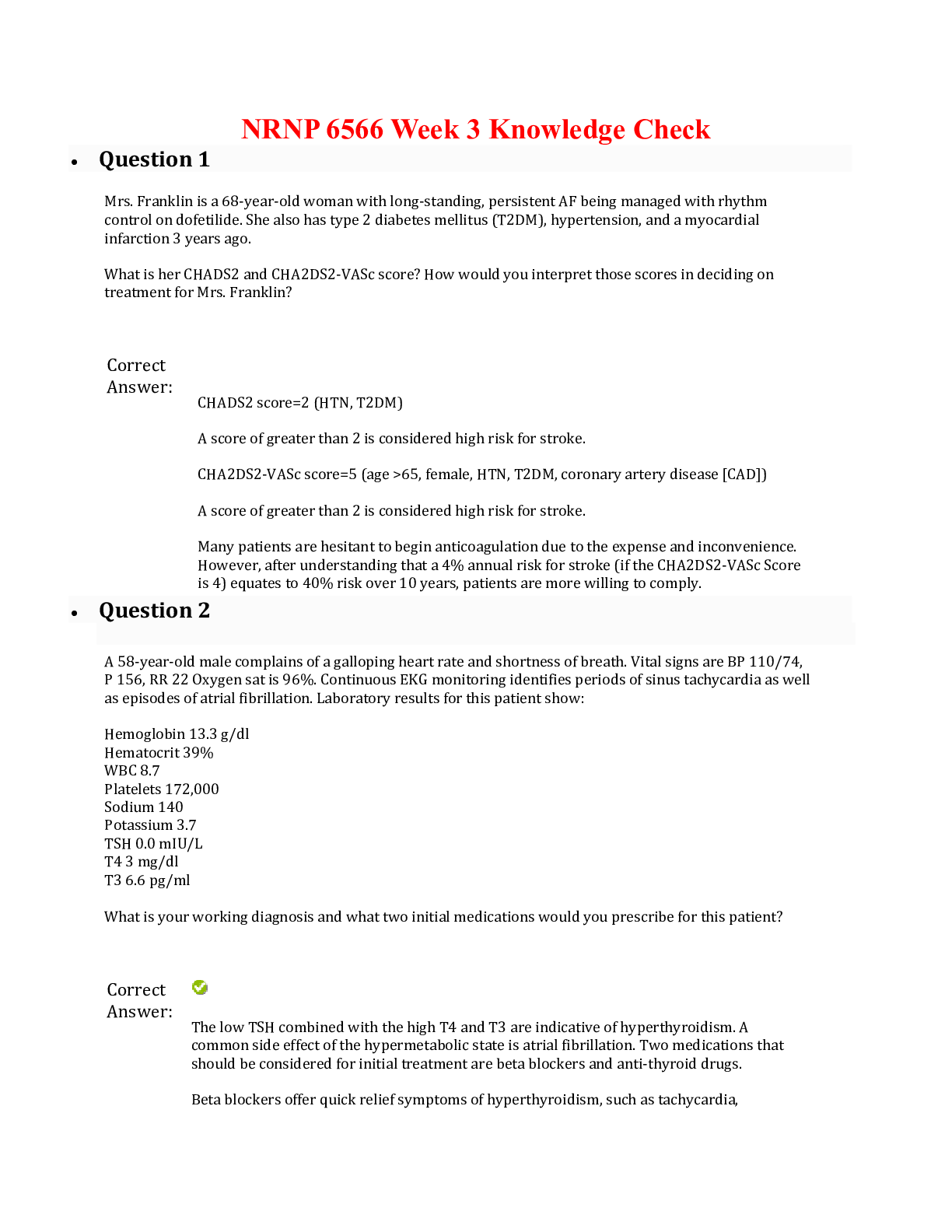



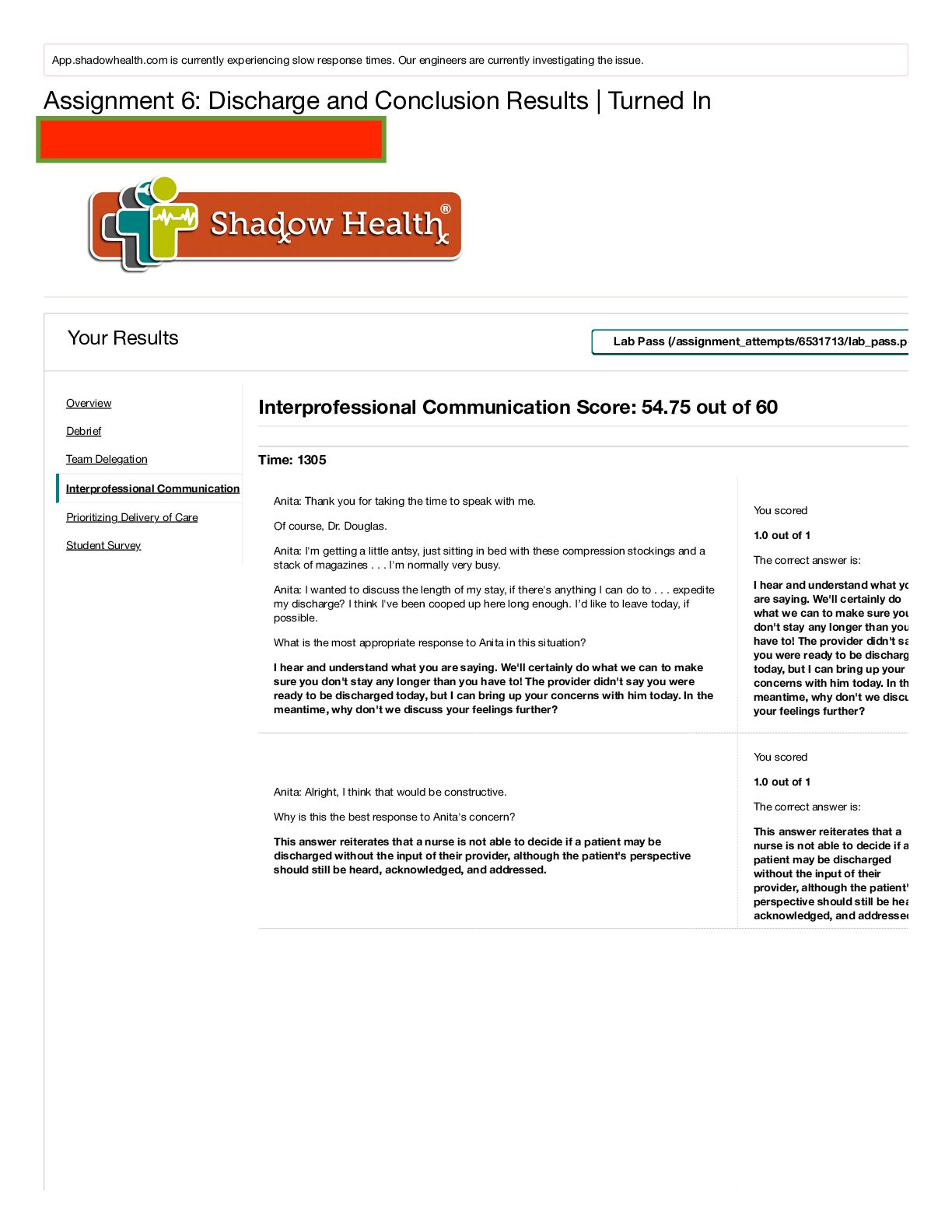
 Rasmussen College.png)


